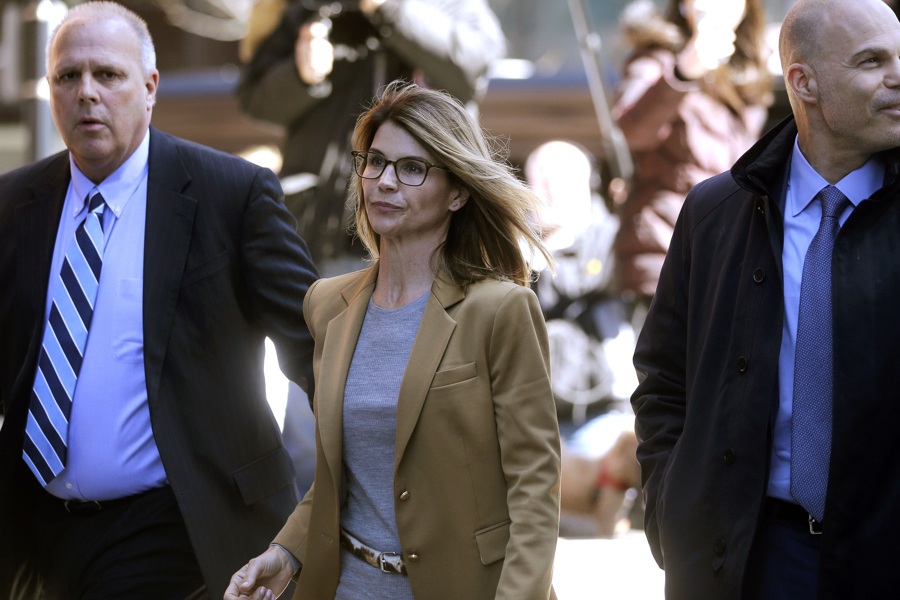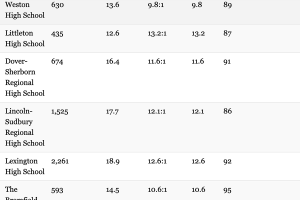When Will College Admissions Culture Change for Good?
Why everything has changed yet nothing has changed in the wake of the biggest admissions con in history.

Actress Lori Loughlin arrives at federal court in Boston on Wednesday, April 3, 2019, to face charges in a nationwide college admissions bribery scandal. (AP Photo/Steven Senne)
From the start, this scandal was never just about the scandal itself: In a number of ways, the illegal behavior called attention to the perfectly legal methods—many of them featured in these pages—that some wealthy parents use to get their kids into elite schools. With its national scope, star-studded docket, and wall-to-wall media coverage, the case finally provided the chance for equity warriors to put the admissions process itself on trial.
For months, lawmakers, academics, and activists did just that, highlighting practices and policies that give a leg up to families of means and offering solutions to make things fairer. A California state legislator, for instance, introduced a bill that would end legacy admissions at California colleges. The president of the Association of Public and Land-grant Universities, a public-university advocacy group, proposed ending legacy admissions at public universities. United States Senator Ron Wyden of Oregon, meanwhile, introduced legislation that would eliminate tax breaks for parents who donate money to the colleges where their children are enrolled.
There have been other, more-radical proposals from less influential but knowledgeable thinkers and researchers, including everything from abolishing the SAT, the ACT, and early admissions (all of which have been shown to benefit the well-off) to moving to a lottery system that would accept students from a qualified group of applicants. “I was initially encouraged,” says Richard Kahlenberg, a senior fellow at the Century Foundation who studies inequality in higher education and has long advocated for ending legacy admissions. But so far, as we near the six-month mark, little has come of any of these proposals and bills, and Kahlenberg’s optimism is shrinking. “There’s normally a window of opportunity associated with public outrage, and I’m worried that window is closing,” he says.
That said, there may still be hope for those rooting for a revamped system. Nadirah Farah Foley, a Ph.D. candidate in culture, institutions, and society at Harvard who often writes about unfair admissions practices in higher education, says that given most colleges’ change-averse cultures, it’s not surprising we haven’t yet seen major adjustments to admissions policies this soon after the scandal. But, she says, institutions do evolve over longer periods of time. Admissions at universities such as Harvard, for example, look nothing like they did a century ago. “[They] weren’t always this way and [they] don’t always have to be this way,” Foley says. Adds Kahlenberg, “The system is so outrageous, I’m convinced it has to change over the long haul.”
Read more about how to get your kid into college…legally.

